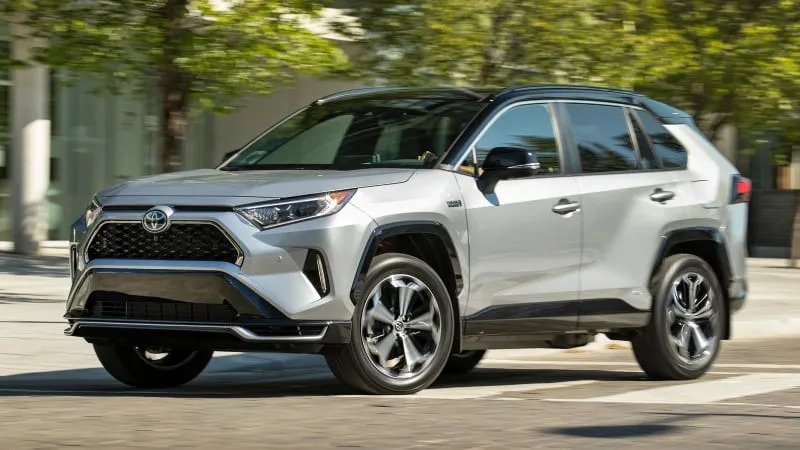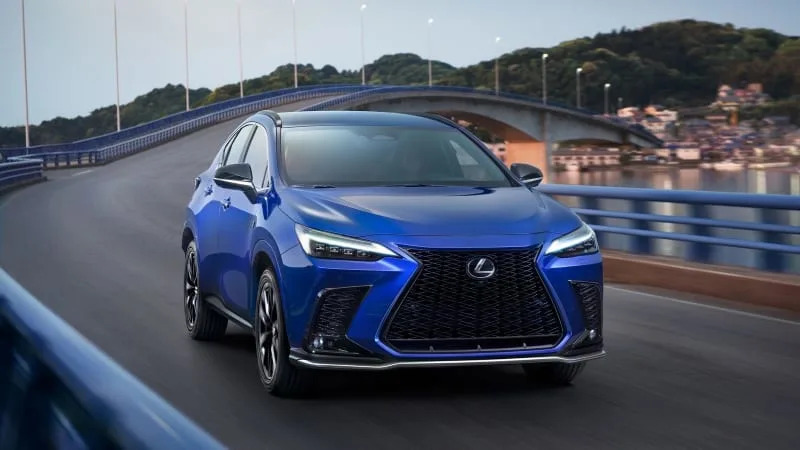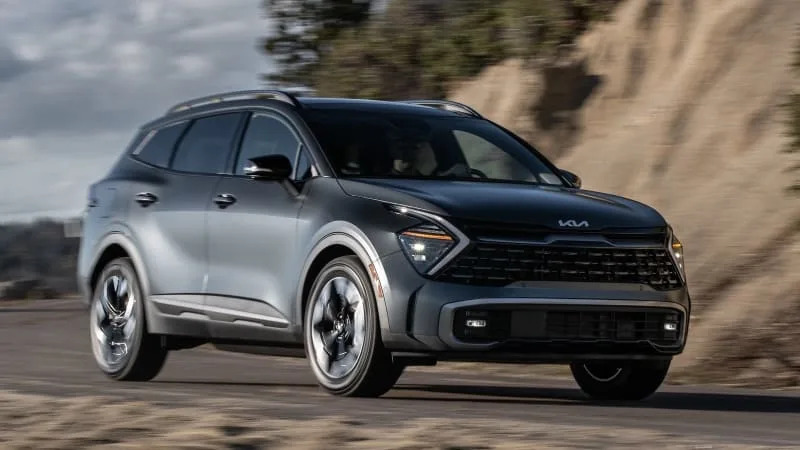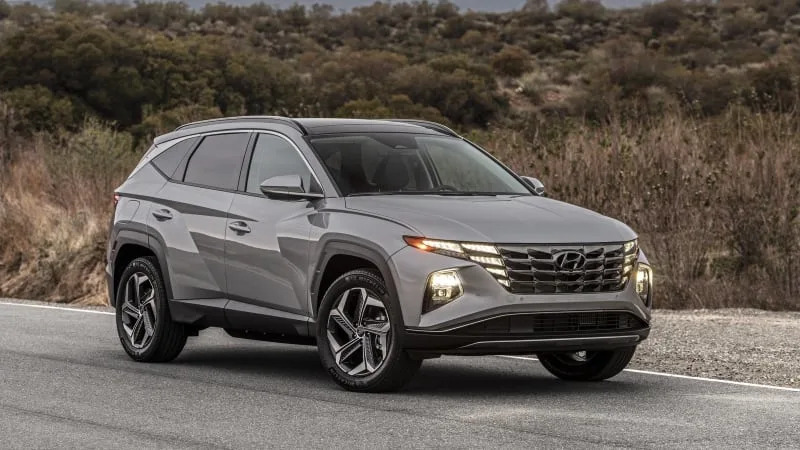SUVs with the best gas mileage for 2023-2024

Fuel efficiency is an admirable trait for any vehicle, whether you’re looking to save money or reduce your carbon footprint. In the past decade, SUVs have greatly reduced consumption and lately, electrification has played a major role.
We compiled the top five SUVs with the best gas mileage according to the EPA. This list only includes vehicles with internal combustion engines and not surprisingly, all of the SUVs with the best gas mileage are plug-in hybrids (PHEVs). These plug-ins deliver the lower operating costs of an electric vehicle until the battery is depleted. Then they operate like a conventional hybrid.
Using the EPA’s current formula for annual fuel costs, we also calculated the break-even point for these PHEVs against their non-plug-in siblings. Using the agency’s 15,000-mile annual usage with fuel costing $3.79 per gallon, the results show that not all models will save you money over the course of ownership, but usage can have a significant effect. If you have a short commute and access to chargers, you may rarely ever need to use gasoline, and that can drastically tip the scales in favor of PHEVs.
2023 Ford Escape PHEV
EV range: 37 miles
EPA combined estimate: 40 mpg
Annual fuel cost: $950
The Ford Escape isn’t quick, nor is it very settled on a curvy road, but it is the most fuel efficient SUV according to the EPA. The plug-in version costs over $10,000 more than the base three-cylinder Escape and would take 12 years to recoup that PHEV premium based on the EPA’s estimates. The midrange four-cylinder is closer in price to the PHEV and should require 5.1 years to break even and you’ll save about $1,250 every year thereafter. The standard hybrid (not plug-in) is around $7,000 cheaper than the PHEV with a smaller difference in annual fuel costs. That results in a break-even cycle of 14 years.
2023 Toyota RAV4 Prime

EV range: 42 miles
EPA combined estimate: 38 mpg
Annual fuel cost: $1,000
The RAV4 Prime is quick, and it is otherwise a fine crossover to drive on a daily basis. If you’re hoping to save money compared to its already efficient non-plug-in siblings, you’re going to need a lot of patience. In similarly equipped XLE Premium trims, it would take 11.7 years to break even with the conventional four-cylinder engine and a whopping 18.9 years. It’s worth noting that the RAV4 and Escape are less expensive to operate than a few EVs (even if they’re limited to the Audi e-tron S, Rivian R1S and Hummer EV).
2023 Lexus NX 450h Plus

EV range: 37 miles
EPA combined estimate: 36 mpg
Annual fuel cost: $1,250
The Lexus NX 450h Plus is the only luxury SUV on this list and as such, it has a luxury price tag, too. Starting just above $60,000, it costs about $15,000 more than the standard NX 350h hybrid and the sporty NX 350. It’s almost $20,000 more than the base NX 250. That certainly hurts break-even timing, needing 25.5 years to recoup the savings to the NX 350h, 9.7 years for the NX 350 and 24.1 years for the NX 250. But it’s also worth remembering that the NX 450h Plus is more powerful and overall nicer to drive than lesser NX models.
2023 Kia Sportage Plug-in Hybrid

EV range: 34 miles
EPA combined estimate: 35 mpg
Annual fuel cost: $1,150
With a starting price of $35,615, the Sportage Plug-in Hybrid is the most affordable SUV and one of our favorites on this list. Kia doesn’t stick it with a big price bump, either, making it one of the most economical PHEVs with a very short break-even period against the supporting models. The Sportage Hybrid in EX trim with the Premium package is only $1,600 less than the Plug-in which means you’ll break even in only 9.5 months. Compared to the non-hybrid SX model with all-wheel-drive, you’ll recoup the PHEV premium in less than 18 months and save $1,150 every year after.
2024 Hyundai Tucson PHEV

EV range: 33 miles
EPA combined estimate: 35 mpg
Annual fuel cost: $1,150
The Tucson’s $40,000 price isn’t as advantageous as the Kia Sportage, but it could still represent a decent choice for break-even if you hang onto it for a while. The Tucson SEL with all-wheel-drive costs about $6,000 less but consumes twice as much fuel. That figures to a 5.4-year break-even against the PHEV. The Tucson Hybrid comes close to the PHEV’s efficiency, so it’ll take more than a decade to break even.
Related video:




